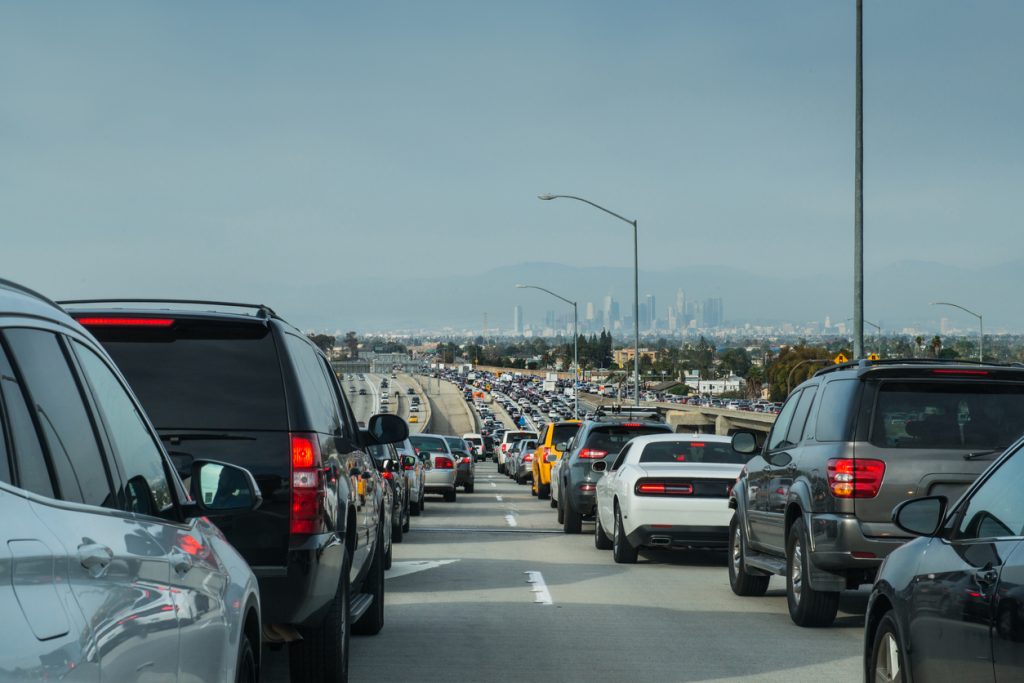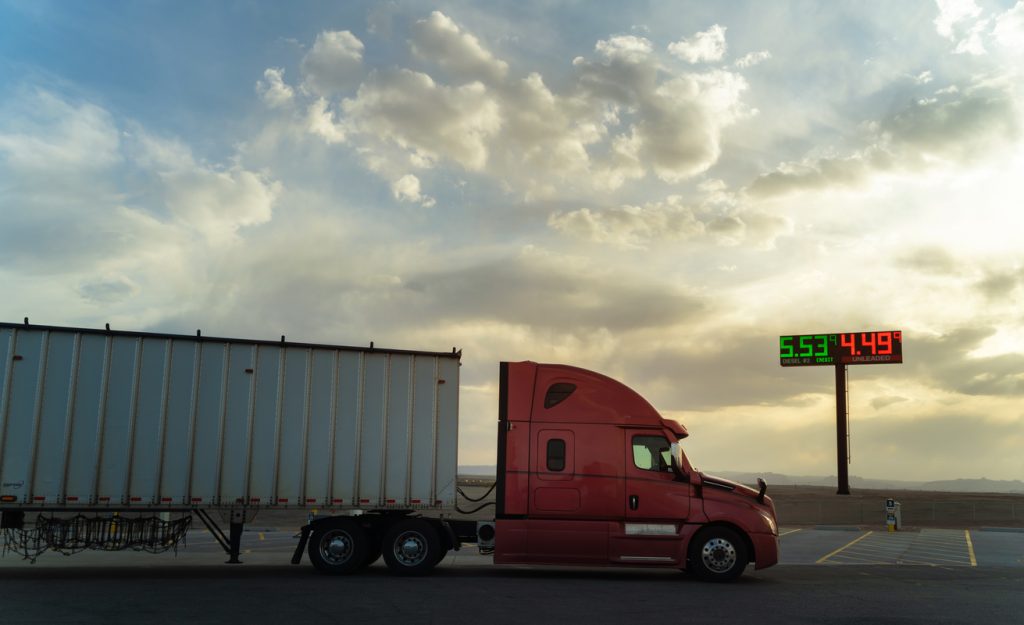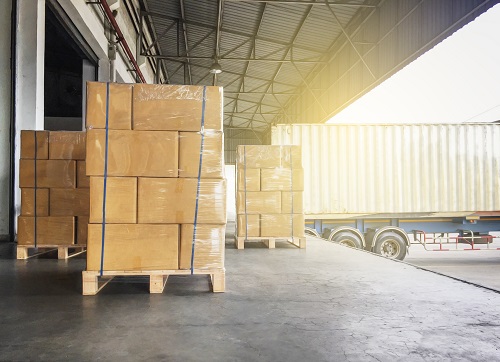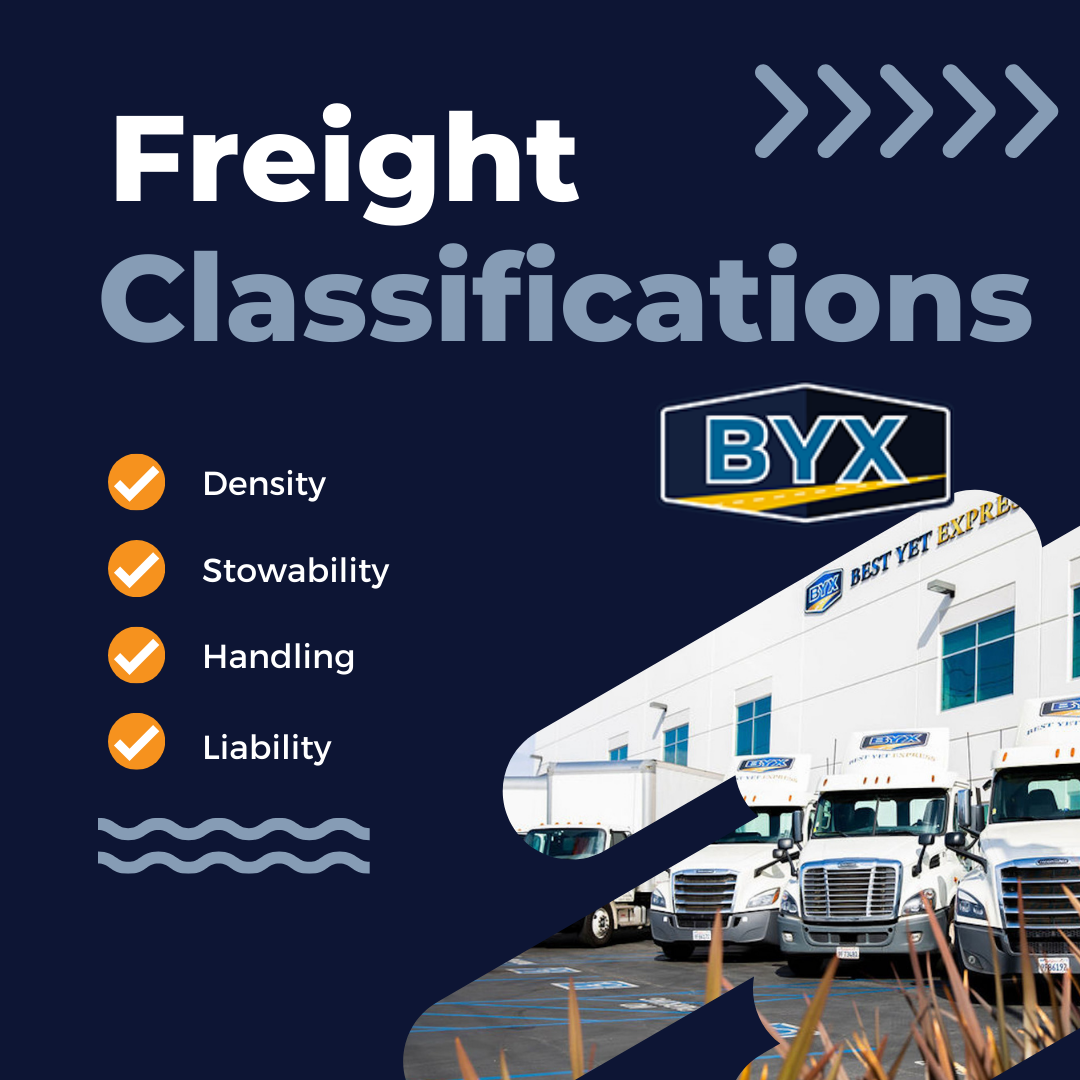The New Tesla Semi Might Be the Biggest Trucking Development in Decades
Whether the cars of the future will be electric or gas-powered used to be up for debate. Not anymore. California is moving to have all new vehicles sold in California be electric or plug-in hybrids by 2035. Not everyone is happy about it since electric vehicles remain less affordable than gas models, but the perks […]
The New Tesla Semi Might Be the Biggest Trucking Development in Decades Read More »












